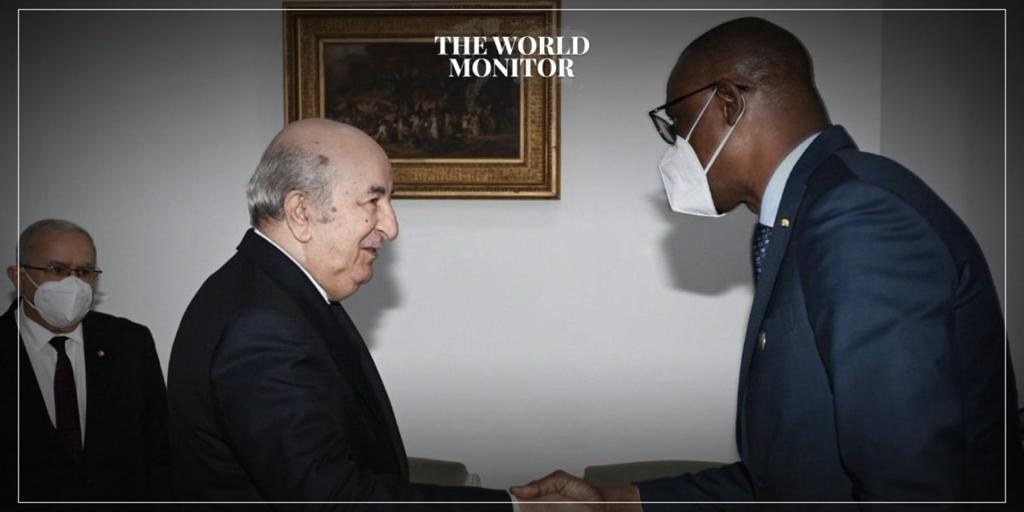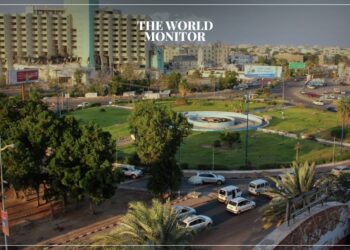Algerian Foreign Minister Ahmed Attia summoned the Malian Ambassador to Algeria, Mahamane Amadou Maiga, on Thursday, in response to the Malian Foreign Ministry’s recent summoning of the Algerian Ambassador to Mali. This move comes amid escalating tensions between the two nations.
The Malian Foreign Ministry had previously expressed strong objections to what it termed as “unfriendly actions” by Algerian authorities, accusing them of conducting peace-related operations in Mali without involving the Malian authorities. Mali specifically criticized Algeria for holding meetings with Tuareg separatists without Mali’s involvement, viewing this as interference in its internal affairs.
According to Mali’s Foreign Ministry statement, Bamako is particularly concerned about “repeated meetings” held in Algeria at high levels with individuals known for their opposition to the Malian government and with some signatories of the 2015 peace agreement who have “chosen the terrorist camp.” The statement warned that such actions could harm the good relations between Mali and its northern neighbor.
Algeria currently hosts leaders of several Tuareg separatist groups, as acknowledged by these movements. Recently, Algerian President Abdelmadjid Tebboune met in the capital with influential Malian religious leader Imam Mahmoud Dicko, a critic of Mali’s military-led government.
In its statement, the Malian Foreign Ministry considered these actions as “intervention in Mali’s internal affairs” and urged Algeria to prefer a path of consultation with the Malian authorities, the only legitimate powers, to maintain state-to-state communication with Mali’s partners.
The Algerian Foreign Ministry’s response, delivered by Attia, emphasized that Algeria’s historic contributions to peace, security, and stability in Mali have always been based on three fundamental principles: respect for Mali’s sovereignty, national unity, and territorial integrity. Algeria firmly believes that peaceful means are the only way to ensure lasting peace, security, and stability in Mali.
Attia highlighted that national reconciliation, not repeated divisions and disputes, is the optimal way to enable Mali to engage in a comprehensive and inclusive process, ensuring Mali’s sovereignty, national unity, and territorial integrity. He also referenced a December 13, 2023, statement by the Algerian Ministry of Foreign Affairs, which called on all Malian parties to renew their commitment to implementing the peace and reconciliation agreement resulting from the Algerian process, in line with the legitimate aspirations of the Malian people for lasting peace and stability.
The Algerian Foreign Ministry assured the Malian Ambassador that recent meetings with leaders of the movements signatory to the Mali peace and reconciliation agreement, stemming from the Algerian process, are in full alignment with the text and spirit of this statement.






